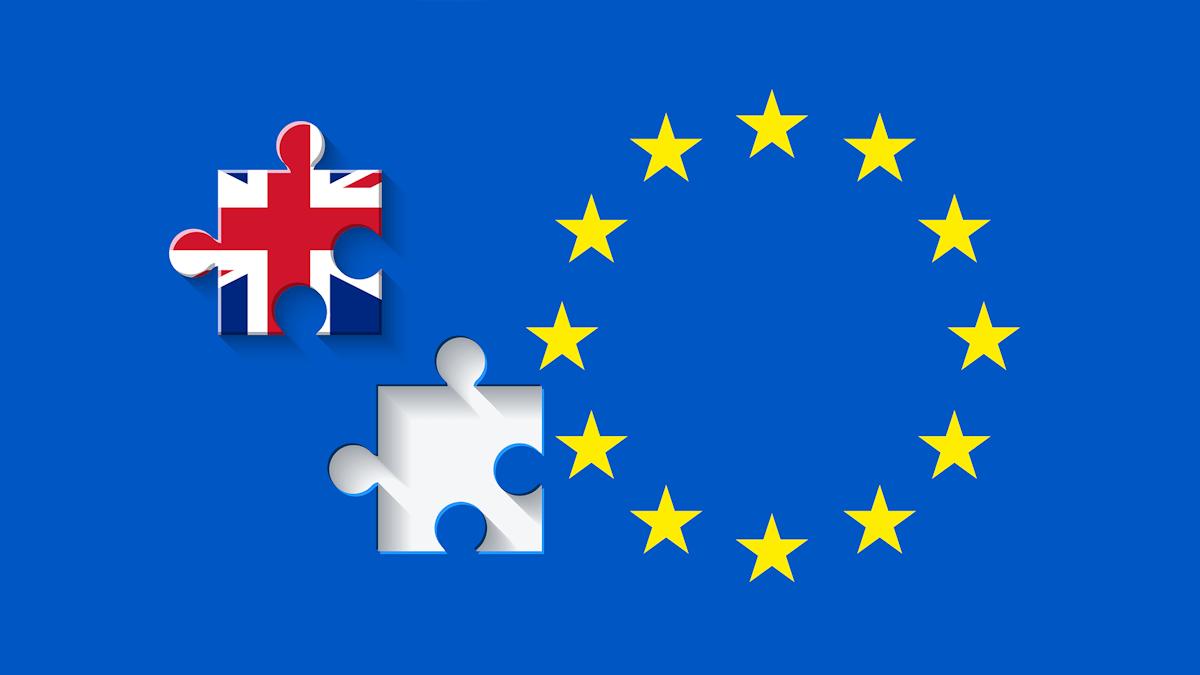MHRA publishes guidance on medicine regulation after Brexit

The UK’s medicines regulator has published long-awaited guidance on regulation of medicines and medical devices as the UK approaches the end of its Brexit transition period at the end of the year.
This would see the UK mirroring decisions made by the European Medicines Agency, while also laying out a process should companies wish to file for a separate approval in the UK.
The guidance published on the Medicines and Healthcare products Regulatory Agency (MHRA) website is broadly similar to arrangements laid out in a Brexit “no deal” document published last year.
That guidance was withdrawn as the transition deal was secured and the revised version contains new provisions for Northern Ireland, which will continue to use the European regulatory system.
Other areas covered in the document include applications for clinical trials, exporting active substances for medicines, importing medicines and investigational medicinal products, pharmacovigilance procedures and new IT systems.
However the Association of the British Pharmaceutical Industry (ABPI) trade body said pharma companies are still waiting for the MHRA to provide additional technical information on other issues.
These include handling of decentralised and mutual recognition procedures, how variations to labels will be handled and new assessment routes from 1 January.
Other issues that need to be ironed out include a faster acceptance of EU batch testing and release and the additions due to the complexity of the Northern Ireland protocol.
As well as planning for the transition, the ABPI said it is working with the MHRA to ensure the UK remains at the forefront of medicines regulation.
The concern is that UK patients will face delays to receiving the latest medicines because of the changes to the regulatory system.
Richard Torbett, chief executive of the ABPI, said: “Our members will be reassured that the Government has provided some critical information to help them continue preparations for the end of the transition.
“Companies face significant changes in how the complex environment for medicines regulations will operate in 2021.
“If we are to ensure uninterrupted supply for the NHS from January, the MHRA must continue to work closely with them on details related to individual medicines as well as on issues related to the Northern Ireland Protocol and other areas of regulation.
“However, we have always said that the best way to avoid disruption in the long term is for both sides to consider the impact on patients in the UK and the EU and agree a deal.”












